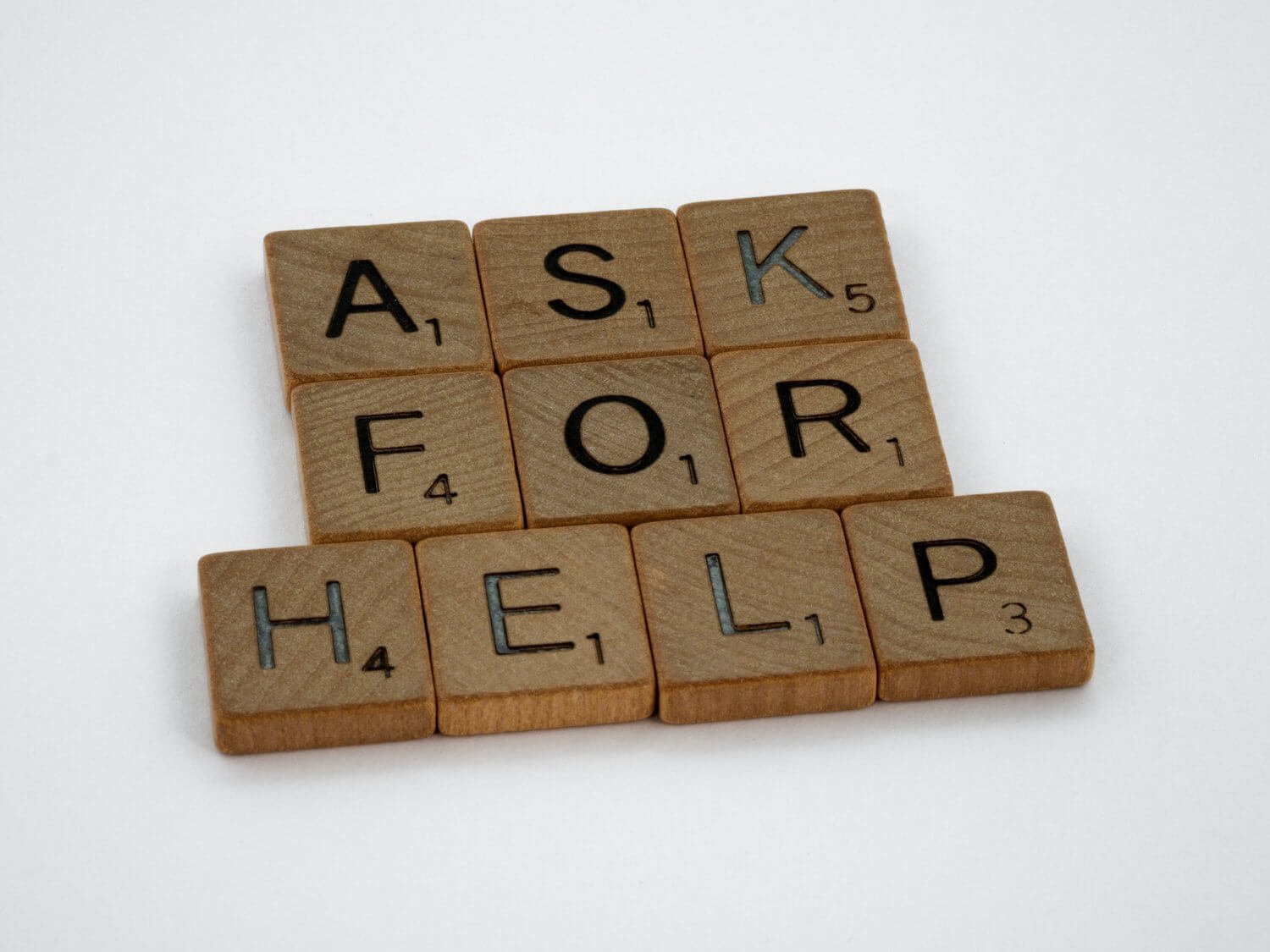Alternatives to self harm
People are sometimes bewildered by the fact that anyone would hurt themselves on purpose. Most of us actively avoid pain after all. I am often asked by confused loved ones, “WHY would they hurt themselves?!” Self-harm is more common than people think. In certain populations (including clients with eating disorders and substance abuse issues), self-harm is common enough that I include questions about it in my initial client assessments.
How common is self-harm?
According to.a study from Baylor College of Medicine, “Over a one-year period, 27% of young adolescents reported thoughts of self-harm and 15% reported at least one act of self-harm.” About 17% of people will self-harm during their lifetimes. Chances are that these statistics are highly underreported. Most people who self-harm feel some shame about it and try to hide the behavior. The average onset of self-harm is 13, and girls are more likely than boys to self-harm. The most common form of self-harm is cutting.
Why do people self-harm?
To deal with difficult feelings
To get a sense of release, catharsis, or escape
To distract from emotional pain and suffering
To send a cry for help to let others know how they are feeling
To show on the outside how they may feel on the inside
To gain control of their bodies
To punish themself for perceived wrongdoing or a sense of failure
Some people will feel a compulsive need to self-injure, and it can be hard to stop that urge. But there are many coping strategies that my clients have found to be helpful. One key factor in stopping self-harm is that the coping strategy should match how the person feels. For example, if a person feels really agitated, it may help to hit a punching bag or a pillow to release some negative energy.
Coping Strategies to prevent Self-harm
*strategies adapted from The Mental Health Foundation UK
If you cut to calm and soothe yourself
▪ Take a bath or hot shower
▪ Pet or cuddle with a dog or cat
▪ Wrap yourself in a warm blanket
▪ Massage your neck, hands, and feet
▪ Listen to calming music
If you cut because you feel disconnected and numb
▪ Call a friend (you don’t have to talk about self-harm)
▪ Take a cold shower
▪ Hold an ice cube in the crook of your arm or leg
▪ Chew something with a very strong taste, like chili peppers, peppermint, or a grapefruit peel
▪ Go online to a self-help website, chat room, or message board
If you cut to release tension or vent anger
▪ Exercise vigorously—run, dance, jump rope, or hit a punching bag
▪ Punch a cushion or mattress or scream into your pillow
▪ Squeeze a stress ball or squish Play-Doh or clay
▪ Rip something up (sheets of paper, a magazine)
▪ Make some noise (play an instrument, bang on pots and pans)
Substitutes for the cutting sensation
▪ Use a red felt tip pen to mark where you might usually cut
▪ Rub ice across your skin where you might usually cut
▪ Put rubber bands on wrists, arms, or legs and snap them instead of cutting or hitting
A self-harm therapist in Houston, TX can help if you are struggling with cutting
If you notice scars on your child or loved one from cutting, it is a good idea to consult a professional therapist. Chances are, they need to talk to someone. It’s scary to see someone you love hurt themselves so badly it leaves scars and markings, but don’t lose hope. Your loved one can get the help they need to feel relief and find healthier coping mechanisms.
Self-harm is not only something that children and adolescents deal with, however. If you are an adult who is self-harming, please reach out to us. We would love to help you get the catharsis you need to feel better. There is no shame in acknowledging that life is overwhelming, and reaching out for help. It is a sign of health.
If you are struggling with self-harm and would like to talk to a therapist for self-harming, contact one of our caring Houston, TX therapists online to schedule an appointment or call 713-565-0922 to ask questions about how we can help.
OTHER THERAPY SERVICES WE OFFER IN HOUSTON, TX
In addition to Anxiety Treatment, Family Therapy, and Parenting Counseling, we have other mental health services that we offer at our Houston, TX counseling office. Our services are available for adults, children, and teens. For individuals we offer Eating Disorder Counseling, School and College Counseling, Autism Therapy, Perinatal and Postpartum Treatment, and Infertility Counseling. As well as Couples Therapy and Marriage Counseling, Trauma Therapy, PTSD Treatment, EMDR Therapy, and LGBTQ+ Counseling. Our caring therapists also offer Career Counseling and LPC Supervision. All of these services are also available through Online Counseling throughout Texas.
If you’re ready to get started, please contact Wilson Counseling today. Reach out for compassionate support today.




